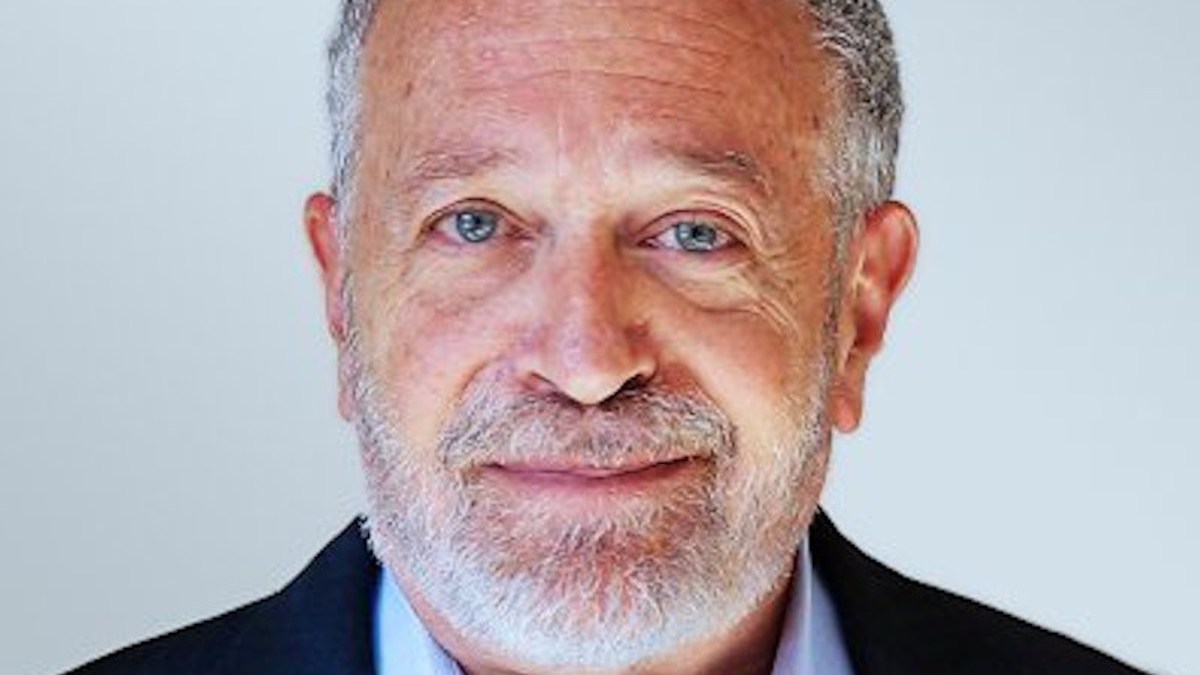Robert Reich: AI’s Biggest Impact? – OpEd
By Robert Reich
Artificial intelligence (AI) is finally hitting the economy and society big time. Bing’s chatbot (Microsoft plans a wide release soon) is capable of long, open-ended text conversations on virtually any topic.
It’s caused a Times columnist to become “deeply unsettled, even frightened.” Google engineer Blake Lemoine was fired after claiming that the firm’s AI model, LaMDA, is “sentient.”
It’s causing professors like me to wonder how to distinguish between student writing on exams and AI writing.
It’s causing people who track online misinformation to worry it will undermine democracy. “This is going to be the most powerful tool for spreading misinformation that has ever been on the internet,” warned Gordon Crovitz, co-chief executive of NewsGuard, which tracks online misinformation.
It’s causing philosophers and biologists to fret that it will eventually destroy human beings and take over the world (Hal? You still there?).
But one aspect we’re not talking about enough is AI’s effect on work.
We all know what happened when complex machines first began taking over jobs. Then mechanization replaced skilled artisans. Then automation replaced repetitive jobs that could be put into software code. Numerically controlled machine tools and robotics replaced assembly lines. More recently, big data processing has replaced much analytic work.
Now comes AI — which will replace almost all professional work.
At every stage, productivity (output per worker) has increased dramatically, so fewer workers have been needed to accomplish what came before. This has reduced the bargaining power of less-skilled workers to obtain high wages, while fueling the compensation of people who produce the labor-replacing technologies.
We’re now approaching an inflection point when the financial returns to AI’s producers are heading into the stratosphere, even as professional jobs disappear.
Wall Street is going nuts over AI. Venture capitalists are pouring hundreds of billions into it, driving up startup valuations. Microsoft’s rally on Bing pushed its market capitalization to above $2 trillion. Alphabet’s stock is expected to soar more than 20 percent on its AI investments.
But after AI takes over almost all remaining jobs (including those of the venture capitalists who finance AI and the engineers who design it), what exactly will human beings be doing to make money?
Or to put the matter more baldly, who will be able to afford any of the wondrous goods and services powered by AI if we no longer have incomes?
My prediction: It will be the high-level professional class, including top business executives and the wizards of finance, who push for the most obvious solution: A guaranteed universal basic minimum income for everyone, financed by a tax on AI.
A universal basic income could be a potential solution to ensure that individuals have a basic income to support themselves and their families. UBI is a system in which every citizen or resident of a country receives a regular, unconditional sum of money from the government, regardless of their employment status. The goal of UBI is to provide individuals with enough income to meet their basic needs, such as food, shelter, and health care.
(The last paragraph, above, was generated entirely by ChatGPT. The rest of this article came from me. Promise.)


